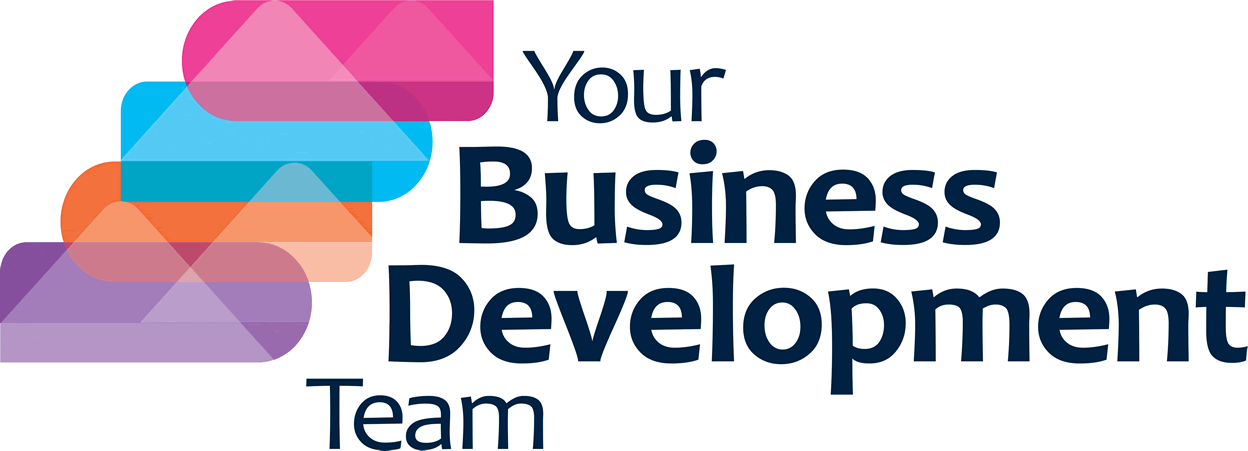Have you ever played darts? As a beginner you can find yourself throwing darts randomly, and if you’re lucky you might hit the board eventually. You will however waste a lot of energy getting to the target. In business, this equates to marketing to everyone and hoping for sales. But there’s a better way: defining your target market.
A target market is the specific group of people most likely to benefit from your product or service. They share similar characteristics, needs, and desires. By understanding your target market, you can create closely targeted marketing campaigns that resonate with them, leading to increased sales and brand loyalty. Unlike B2C marketing, where you might target a broad demographic, B2B involves specific companies with unique needs and decision-making processes. Understanding these nuances is crucial.
Targeting the right audience is vital for several reasons:
- Focused Marketing Efforts: By knowing exactly who you’re talking to, you can tailor your messaging and channels to resonate with their specific challenges and goals.
- Efficient Resource Allocation: Limited marketing budgets demand strategic use of resources. Targeting the right companies ensures you’re not wasting time and money on unqualified leads.
- Stronger Customer Relationships: When you understand your target market’s pain points, you can develop solutions that truly address their needs, fostering deeper and more profitable client relationships.
Before diving into the work of defining your market, you need to understand your own business. Consider your business’s core purpose. What problems are you solving for your potential clients? What value are you offering to their business? This foundation will guide you towards the people who need your solutions the most.
Here are some key factors to consider when defining your ideal customer:
- Industry: Which industries are most likely to benefit from your product or service?
- Company size: Are you targeting small startups, large enterprises, or somewhere in between?
- Budget: What is the typical budget range for your solution within your target companies?
- Decision-makers: Who has the authority to purchase your product or service? Understanding their role and priorities is crucial.
- Needs and challenges: What specific pain points does your solution address for your target market?
- Buying preferences: Businesses in every sector have their own specific ways that they prefer to buy. You need to know what that is for your chosen markets.
- Growth stage: Are you targeting established businesses or those in a high-growth phase with specific needs?
Don’t make assumptions about your target market. You will most likely have some of the valuable resources to inform your target market definition already to hand in your business.
- Customer Analytics: Analyse your current customer base to identify commonalities. Segment them based on industry, size, and buying behaviour.
- Market Research Reports: Industry reports can provide valuable insights into industry trends, the active participant, and potential customer demographics.
- Competitor Analysis: Who are your competitors and who are they targeting? Studying their marketing strategies can offer valuable clues.
As you gather data, your buyer persona will evolve. Be prepared to refine it as you gain deeper insights. The more you understand your target market, the more effective your B2B marketing efforts will be. Remember, defining your target market is an ongoing process. As your business grows and the market shifts, revisit and refine your buyer persona to stay on target for success.
At YBDT we work with SMEs across a wide range of industries. Our sales enablement support provides starts from the assumption that buying choices are made based on strong relationships and a clear understanding of your target market. A clear sales and marketing strategy is an essential step towards achieving growth in your business. YBDT will help you craft the overarching plan, without which activity will lack focus and outcomes will be harder to measure.
Get in touch to book a discovery call today and book the conversation that transforms your sales.

